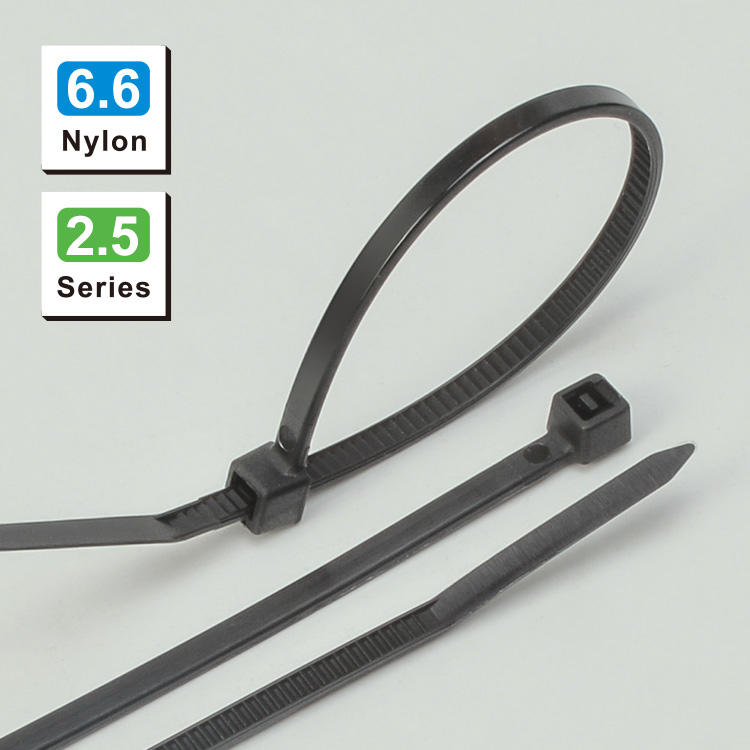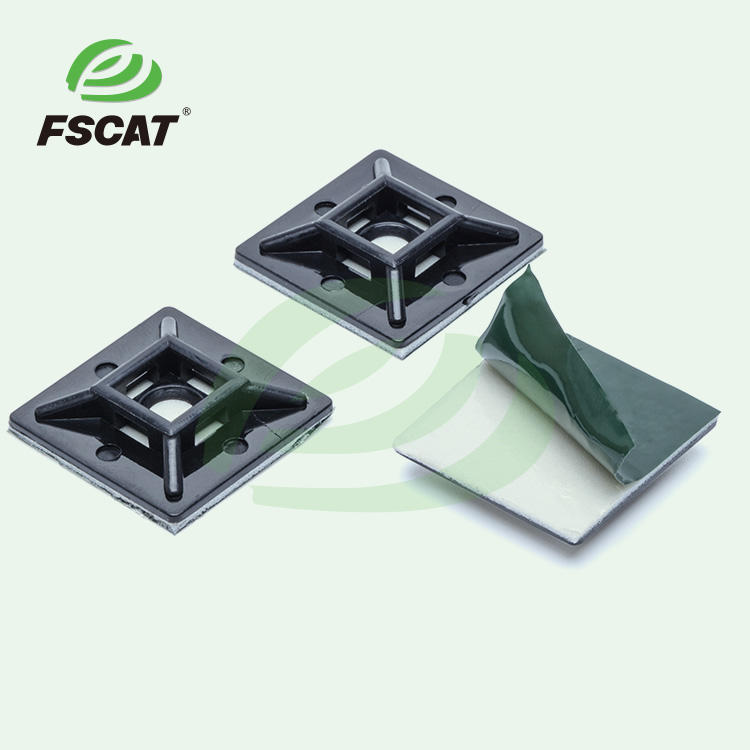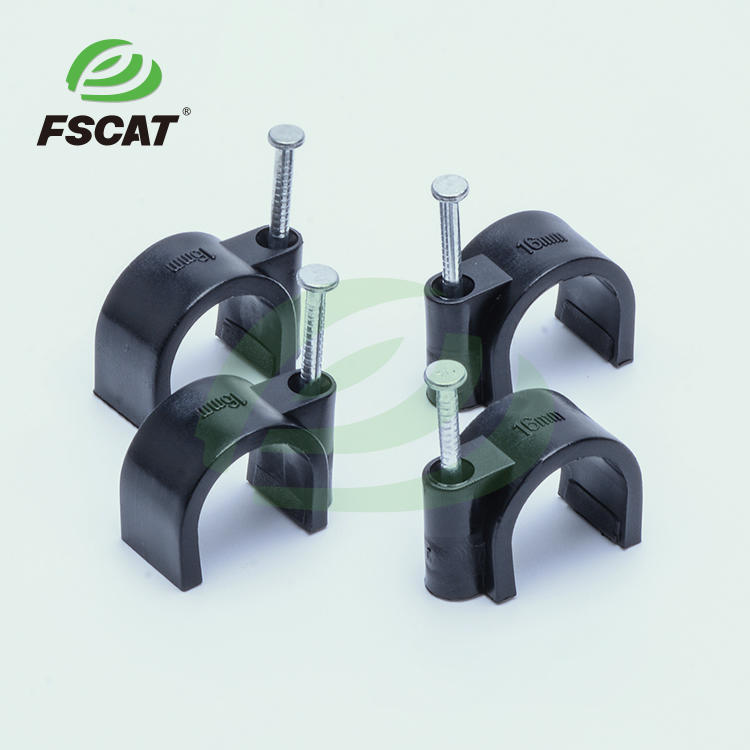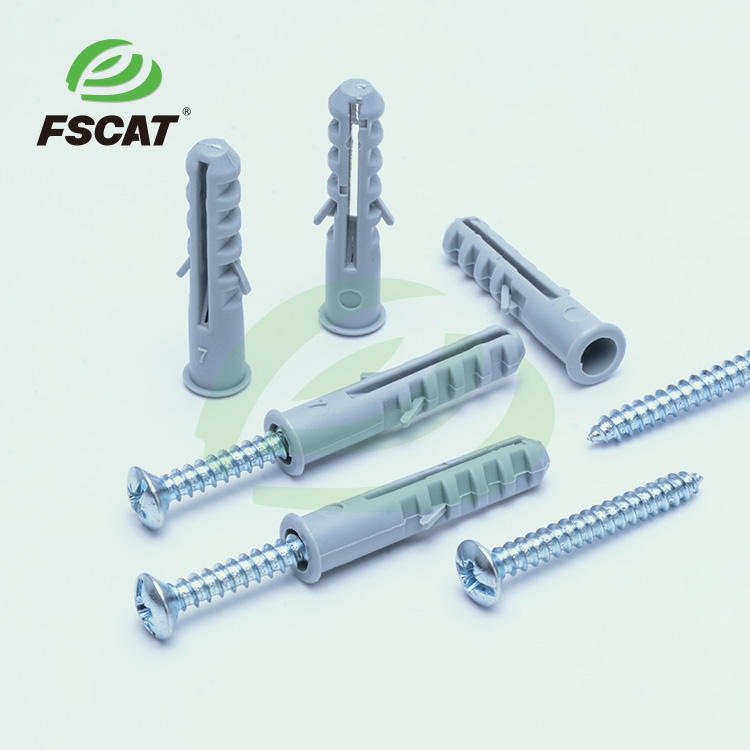Precautions for installation of Cable Glands
The Cable Glands can make the two lines become a continuous line after the cable is laid. This kind of operation can not only make the circuit unblocked, but also keep the cable sealed and ensure the insulation level of the cable joint, so that it can be used safely.
Generally, when laying cables, if the laying length is not enough, you need to use a Cable Glands to connect a new cable to extend the required cable length, which can increase the length of the cable.

Installation matters
1. Conductor connection The conductor connection requires low resistance, sufficient mechanical strength, and no sharp corners at the connection. Crimping is often used for the connection of medium and low voltage cable conductors. Pay attention to when crimping:
(1) Choose a conductor connecting pipe with appropriate conductivity and mechanical strength;
(2) The gap between the inner diameter of the crimping pipe and the outer diameter of the connecting iron core is 0.8 ~ 1.4mm;
(3) The resistance value of the joint after crimping should not be more than 1.2 times the resistance value of the conductor of equal cross-section, and the tensile strength of the copper conductor joint should not be less than 60N/mm2;
(4) Before crimping, apply conductive glue on the outer surface of the conductor and the inner surface of the connecting pipe, and use a wire brush to destroy the oxide film;
(5) The sharp corners and burrs on the connecting tube and the core conductor should be smoothed with a file or sandpaper.
2. Internal semiconductor shielding treatment.
When the cable body has an inner shielding layer, the inner shielding layer of the conductor part of the crimping tube must be restored when the joint is made, and a part of the inner semiconductor shielding layer of the cable must be reserved so that the connectors on the shielding inner shielding layer connecting tube can communicate with each other. Ensure the continuity of the internal semiconductors and make the field strength distribution at the junction uniform.
3. External semiconductor shielding treatment.
The outer semiconductor shielding layer is a semiconductor material that acts as a uniform electric field outside the insulating layer of the cable and the Cable Glands. Like internal semiconductor shielding, it plays a very important role in cables and connectors. The external semiconductor ports must be neat and uniform, and require a smooth transition with the insulating layer. The cable joint should be connected with the semiconductor shielding layer outside the cable body with a semiconductor tape.

4. Treatment of cable reaction cone.
During the construction process, the potential distribution of the reaction force cone with precise shape and size on the entire cone surface is equal. When making the cross-linked cable reaction cone, a special cutting tool is generally used, or it can be slightly heated with a small fire and carried out with a sharp knife. After cutting and basic forming, scrape off with 2mm thick glass, and finally polish it smoothly with sandpaper from coarse to fine.
5. The metal shield is grounded.
The role of metal shielding in cables and connectors is mainly to conduct cable fault short-circuit current and shield electromagnetic interference from nearby communication equipment. In operation, the metal shield is at zero potential in a well-grounded state. When the cable fails, it has the ability to conduct short-circuit current in a short period of time. The grounding wire should be welded reliably, the metal shielding layer and armor tape on the cable body at both ends should be welded firmly, and the terminal head should be reliably grounded.
6. Sealing and mechanical protection of joints.
The sealing and mechanical protection of the joint are the guarantee for the safe and reliable operation of the joint. Prevent moisture and moisture from penetrating into the cable joints. In addition, joint protection grooves or cement protection boxes should be provided at the joints.






